Keywords: Holiday
There are more than 200 results, only the first 200 are displayed here.
-

ARTS AND CULTURE
- Gillian Bouras
- 02 October 2013
12 Comments
The International Day of Non-Violence on 2 October coincides with the birthday of Gandhi, who pioneered the concept of political non-violence and the notion of passive resistance, and paid the highest price for his moral choices. A great many people, like Gandhi, desire a non-violent world, in which whistleblowers and thoughtful, idealistic individuals are honoured rather than punished.
READ MORE 
-
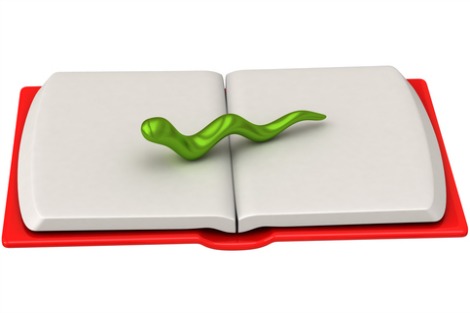
ARTS AND CULTURE
- Gillian Bouras
- 17 July 2013
23 Comments
Knowing I was going to spend six months in Greece, I arranged for a trunk of books to be sent over. My illiterate mother-in-law was stupefied: 'So many books! Can't you sell some of them?' I should have known she'd react like this, as during her one visit to Melbourne she'd told me roundly that too much reading was the cause of my prematurely grey hair and my need to wear glasses.
READ MORE 
-

ARTS AND CULTURE
- Shira Sebban
- 01 July 2013
4 Comments
Since time immemorial, philosophers have argued that we are social animals. Yet it was not until my father's death that my longing for community became urgent. I'd once asked him if he would like to be buried in the same cemetery as his parents in Toronto, or in Melbourne where he'd lived for more than 30 years. 'We should be buried within the community where we live,' he replied.
READ MORE 
-

AUSTRALIA
- Brian Matthews
- 21 June 2013
14 Comments
On the face of it, life for a strong, talented and ambitious woman in 19th century Australia was much tougher than it is now. Yet even Louisa Lawson, a pioneer of women's rights who was grievously discriminated against and derided because she dared to excel, was never demeaned or personally debased to the extent Julia Gillard has been.
READ MORE 
-

ARTS AND CULTURE
In 1999 my 22-year-old daughter sustained a head injury in a motor vehicle accident. She now contends with the use of only one normally functioning limb amid multiple disabilities. The 'support' provided by family carers is said to save the nation billions of dollars annually. But carers give much more than support.
READ MORE 
-

RELIGION
- Frank Brennan
- 22 March 2013
1 Comment
'Transformation and empowerment will come through the exercise of kindness and tenderness, accompanied by the practical abilities inculcated by a rounded Catholic education.' Frank Brennan's address at the Transformation and Empowerment Symposium marking 50 years of the Signadou campus of ACU, 22 March 2013.
READ MORE
-
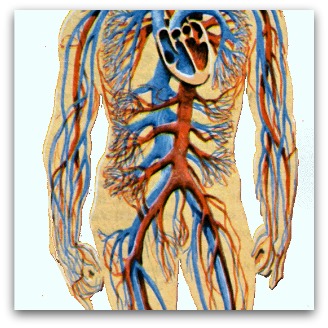
RELIGION
- Irfan Yusuf
- 21 January 2013
7 Comments
If Pakistan is to remain a nation with something resembling life and soul, it must protect its minorities. But instead, as with India, it is quietly eviscerating them. It isn't just extremists engaging in the self-harm, it happens at all levels of society. Before long the nation may find itself bleeding to death.
READ MORE 
-
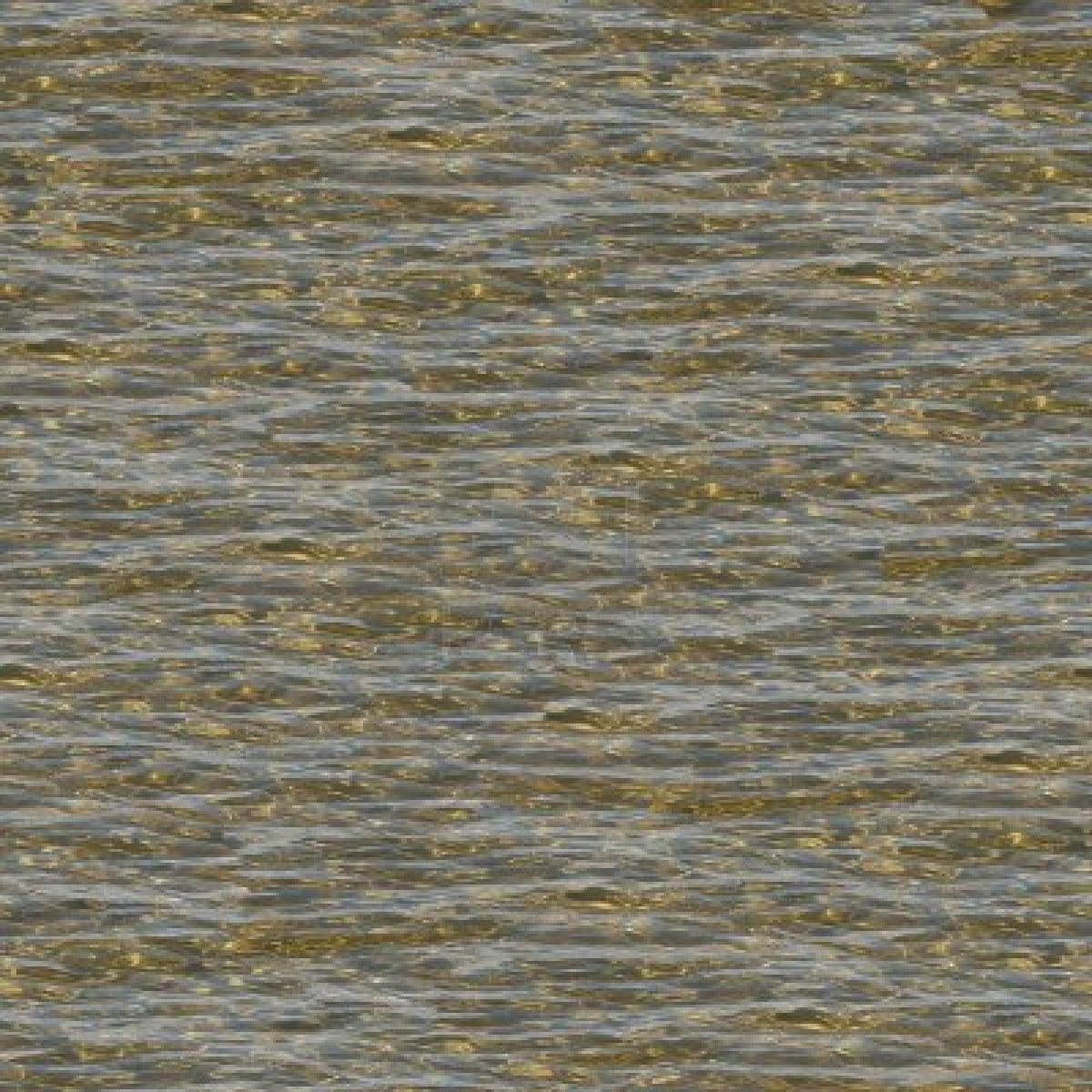
ARTS AND CULTURE
- Brian Doyle
- 15 January 2013
9 Comments
If you are like me, you have on your wall a map, or perhaps several, of places you know you will never be; not in this life, anyway. It's just not going to happen. For me: Tasmania. It's as far away as you can get from where I exist.
READ MORE 
-

ARTS AND CULTURE
- Ellena Savage
- 21 December 2012
2 Comments
My most vivid childhood Christmas memories have little to do with Christmas. In one, I'm rifling through the antique wooden bowl beside my grandmother's fireplace, finding hundreds of ancient marbles. They glow in the amber light that spills through the hand-crafted lead-glass lights. I don't even remember the presents I got that year.
READ MORE 
-

AUSTRALIA
- John Warhurst
- 14 September 2012
3 Comments
I've just returned from a 14-day holiday in Kenya and Uganda. Everywhere you go, you are invited to help the local people in various ways, including financially and through volunteering. In the end we all react differently and in many cases spontaneously to what we see in these situations.
READ MORE 
-
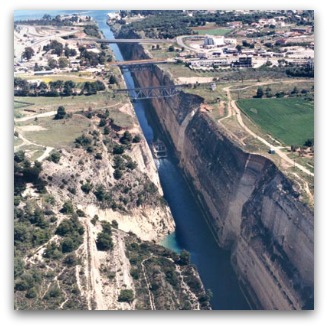
ARTS AND CULTURE
- Gillian Bouras
- 15 August 2012
3 Comments
Things were speeding up. Greece entered the European Community, banks were throwing money at every Tom, Dick and Spiro, credit cards seemed a form of modern magic. The party is over now, and the ones who have survived in the best shape are the older villagers who never expected a party and so did not join in the spree.
READ MORE 
-
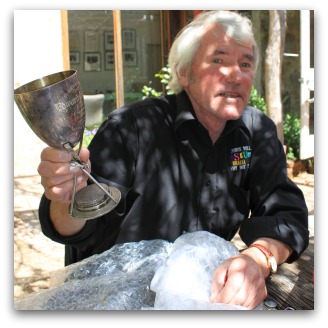
AUSTRALIA
- Catherine Marshall
- 27 July 2012
7 Comments
The brutal media critique of swimmer Liesel Jones on the eve of the Olympics was typical of society's tendency to chew up and spit out its heroes once it deems them to be no longer useful. If it dented her confidence, Jones may have taken strength from Australia's first ever international sports champion.
READ MORE 